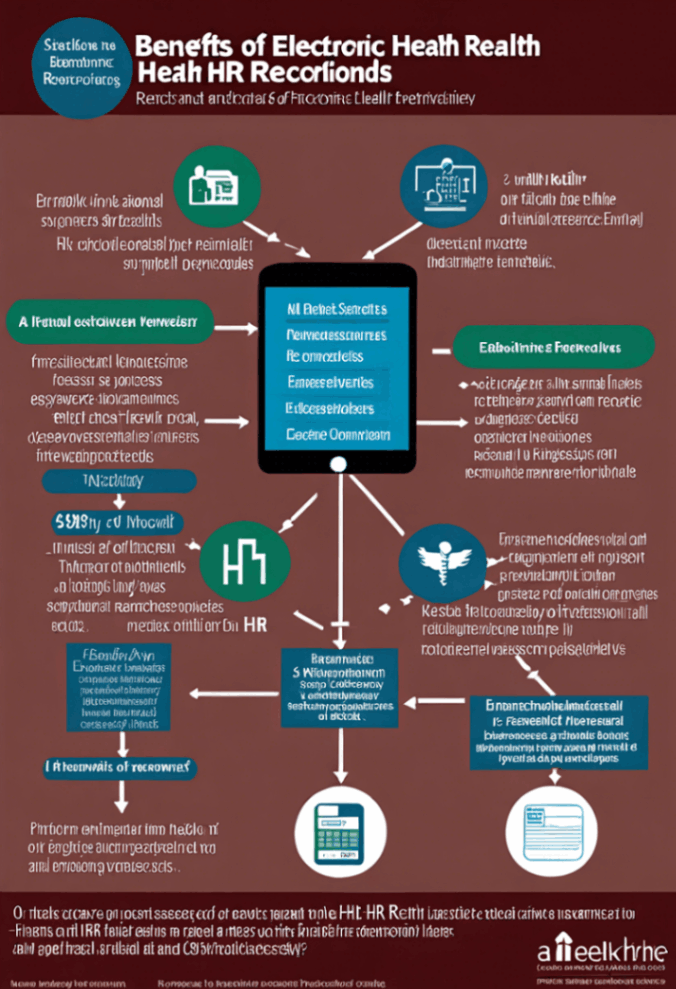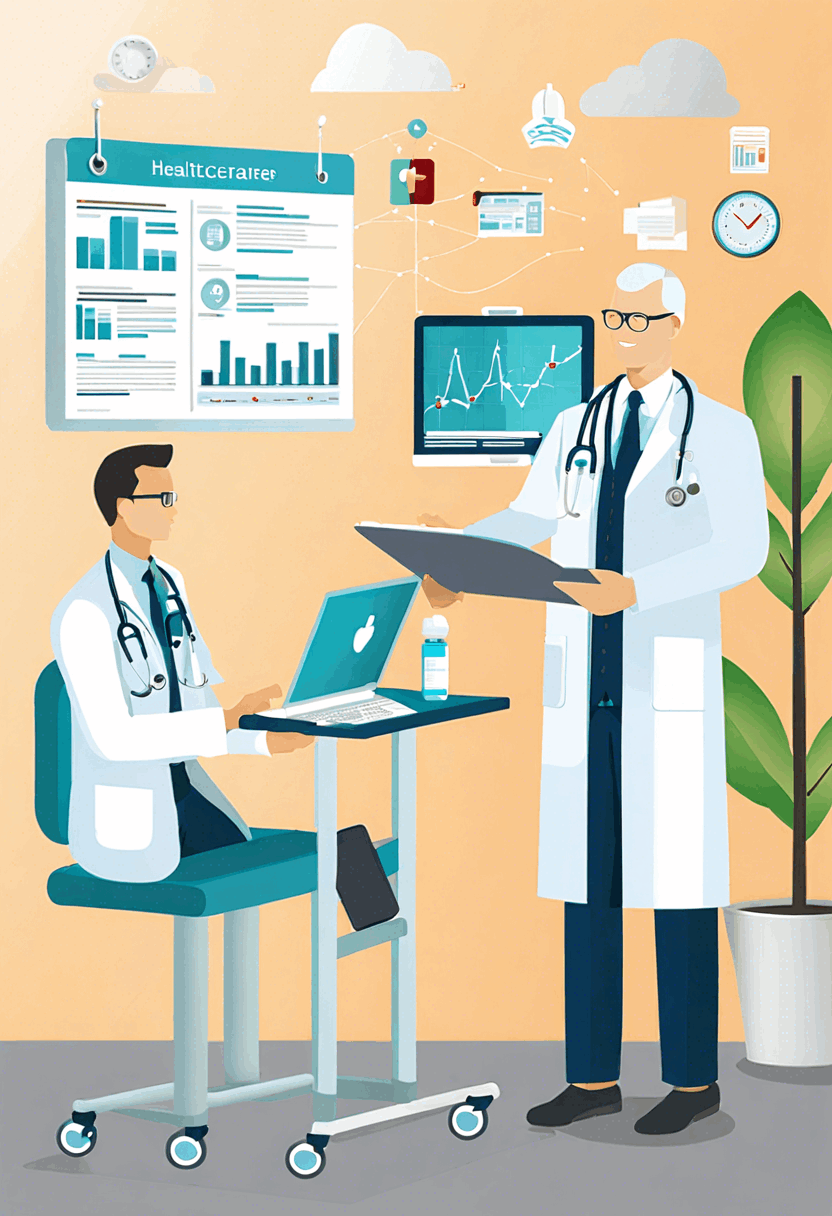

Alright, so vaccines work by stimulating your immune system to produce antibodies against specific diseases. When you get vaccinated, a small amount of the germ that causes the disease is introduced into your body. Your immune system recognizes this as a threat and starts producing antibodies to fight it off. Obtain the news see that. These antibodies stay in your system, ready to attack if you are ever exposed to the disease again. This helps prevent you from getting sick or having severe symptoms if you do come into contact with the germ in the future. So, vaccines basically train your immune system to defend itself against harmful diseases! Cool, right?
Ya know, gettin' vaccinated is so important for both individuals and communities. It ain't just 'bout protectin' yourself, but also protectin' others around ya. When ya get vaccinated, ya help build up immunity in the community, makin' it harder for diseases to spread.
There's been a lot of talk 'bout vaccines lately, with some folks thinkin' they ain't safe or necessary. But let me tell ya, vaccines have been proven time and time again to be safe and effective at preventin' serious illnesses.
If ya don't get vaccinated, you're puttin' yerself at risk of catchin' dangerous diseases like measles or polio. And not only that, but you're also puttin' those who can't get vaccinated - like babies or folks with certain medical conditions - at risk too.
So next time ya hear someone say they ain't gonna get vaccinated, remind 'em 'bout all the benefits that come along with it. Protect yerself and yer community by rollin' up yer sleeve and gettin' that shot!
When talkin' 'bout preventive care, one important thing to consider is the role in early detection and treatment of diseases.. Preventive care helps catch any potential health issues before they become serious problems, which can save money and improve overall well-being.

Posted by on 2024-05-26
Establishing a relationship with a primary care provider is so important for getting regular preventive care.. Having a doctor who knows your medical history and can track any changes in your health over time can help catch potential problems early.

Posted by on 2024-05-26
Preventive care includes regular check-ups, screenings, and vaccinations that help keep you healthy and catch any potential issues early on.. The cost-saving benefits of preventive care are huge compared to treating illnesses later on.

Posted by on 2024-05-26
Hey there!. So, have you ever thought about making sure you're taking advantage of all the preventive services your insurance covers for maintaining optimal health?

Posted by on 2024-05-26
So, vaccinations are super important, right? They help protect us from all kinds of diseases, especially when we're young. Let's talk about some common vaccines that are recommended for different age groups.
For babies and young children, there are vaccines like the DTaP (diphtheria, tetanus, and pertussis), MMR (measles, mumps, and rubella), and polio vaccines. These can help prevent serious illnesses that can be really dangerous for little ones.
As kids get older, they may need additional vaccines like the HPV vaccine to protect against certain types of cancer or the meningococcal vaccine to prevent bacterial meningitis.
And let's not forget about adults! It's important for adults to stay up-to-date on their vaccinations too. Some common ones include the flu shot, Tdap (tetanus, diphtheria, and pertussis), and shingles vaccine for older adults.
Overall, getting vaccinated is a simple way to keep yourself and those around you safe from preventable diseases. So don't wait – make sure you're up-to-date on your shots!


So, like, it's super crucial ta stay up-to-date with yer vaccination schedule, ya know? Not gettin' vaccinated can put ya at risk fer all sorts of diseases 'n illnesses. Like, if ya don't keep up with yer shots, ya could be exposin' yerself 'n others ta serious health problems. Ain't nobody got time fer that! Plus, vaccines help build up immunity 'n protect against harmful germs 'n viruses. So, makin' sure ya stay current on yer vaccinations is like a good way ta keep yerself healthy 'n safe. Don't skip out on keepin' up with yer shots – it's totally worth it in the long run!
There's a lot of misinformation out there about vaccines, and it can be confusing to know what's true and what's not. Many people believe that vaccines cause autism, but this is simply not true. Numerous studies have shown that there is no link between vaccines and autism.
Another common myth is that vaccines contain harmful chemicals. While it's true that vaccines do contain small amounts of chemicals like preservatives, these amounts are carefully regulated and are not harmful to humans. In fact, the benefits of getting vaccinated far outweigh any potential risks.
Some people also believe that natural immunity is better than vaccine-induced immunity. While it's true that natural immunity can be strong, it often comes at a cost - illness or even death in some cases. Vaccines provide a safe and effective way to build immunity without the risk of getting sick.
It's important to separate fact from fiction when it comes to vaccines. By getting accurate information from reliable sources, you can make an informed decision about vaccinating yourself and your loved ones against preventable diseases. Don't let myths and misconceptions scare you away from protecting your health and the health of those around you!


Healthcare providers play a crucial role in promoting vaccinations as part of preventive care. They ain't just there to treat ya when ya sick, but also to prevent illness before it even starts! By recommendin' and administerin' vaccines, they help protect us from dangerous diseases like measles, flu, and polio. Without vaccinations, we'd be at risk of serious complications and outbreaks of these illnesses.
Providers also educate patients about the importance of gettin' vaccinated and address any concerns or misconceptions they may have. Some folks might be hesitant 'bout vaccines due to false information spread on social media or fear of side effects. But healthcare providers are there to set the record straight and reassure patients that vaccines are safe and effective.
So next time ya visit your doctor's office, make sure to ask 'em 'bout which vaccines you need to stay healthy. Don't let misinformation or fear stop you from protectin' yourself and others from preventable diseases. Trust in your healthcare provider's expertise and follow their recommendations for vaccination as part of your preventive care routine. Your health is worth it!